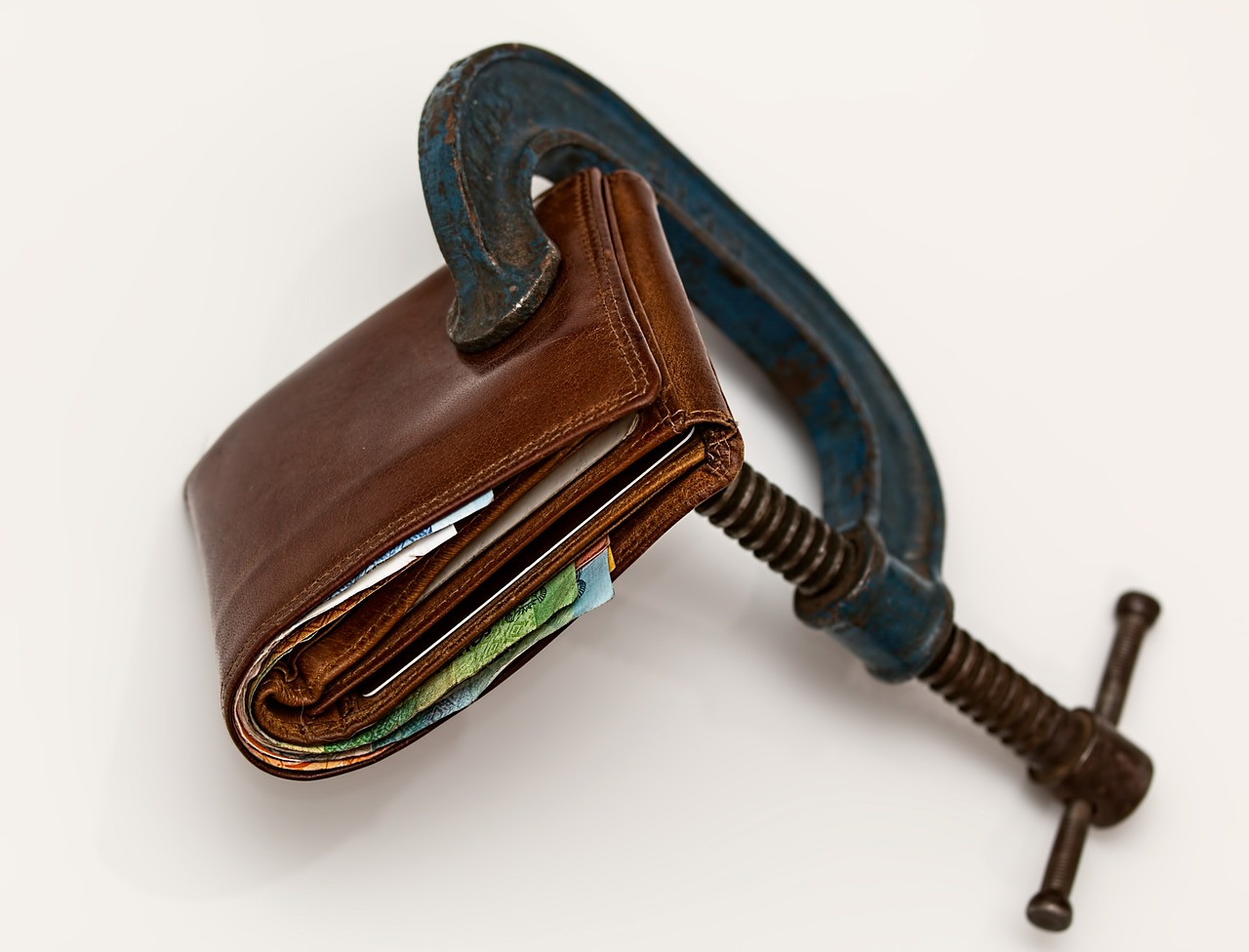Stocks fell last week following news that the yield curve on Treasury notes had inverted. This means that a short-term Treasury note was paying higher interest rates than long-term Treasury note. An inverted yield curve is widely seen as a sign of an impending recession.
Some economic commentators reacted to the inverted yield curve by parroting the Keynesian propaganda that recessions are an inevitable feature of a free-market economy, whose negative effects can only be mitigated by the Federal Reserve. Like much of the conventional economic wisdom, the idea that recessions are caused by the free market and cured by the Federal Reserve is the exact opposite of the truth.
Interest rates are the price of money. Like all prices, they should be set by the market in order to accurately convey information about economic conditions. When the Federal Reserve lowers interest rates, it distorts those signals. This leads investors and businesses to misjudge the true state of the economy, resulting in misallocations of resources. These misallocations can create an economic boom. However, since the boom is rooted in misperceptions of the true state of the economy, it cannot last. Eventually the Federal Reserve-created bubble bursts, resulting in a recession.
So, recessions are not a feature of the free market. Instead, they are an inevitable result of Congress granting a secretive central bank power to influence the price of money. While monetary policy may be the prime culprit, government tax and regulatory policies also damage the economy. Many regulations, such as the minimum wage and occupational licensing, inflict much harm on the same low-income people that the economic interventionists claim benefit the most from the welfare-regulatory state.
The best thing for Congress and the Federal Reserve to do after the bubble bursts is to let the recession run its course. Recessions are painful but necessary if the economy is going to heal from the damage done by government’s inflate-tax-borrow-spend-and-inflate-some-more policies. But Congress and the Fed cannot resist the cries to “do something.” So, Congress spends billions on wasteful “economic stimulus” plans and bailouts of politically influential corporations. Meanwhile, the Fed tries to “prime the pump” via new money creation, restarting the whole boom-and-bust cycle.
This is not to say that no one would experience economic difficulties in a free market. Businesses and even whole industries would still close because of changing consumer tastes, new competitors offering superior products, or bad business decisions. There may even be bubbles in a free market as some investors misread fads as permanent changes in consumer preferences. But periods of downturn would be shorter, and most would only affect specific industries rather than the entire economy.
President Trump’s imposition of tariffs (which are a form of taxes on American consumers) has been particularly harmful. The tariff war has not just raised prices on imported consumer goods. It has also cut off markets for export-reliant businesses, such as manufacturers that import materials used to construct their products.
The trade dispute with China may be the event that pushes the US economy into a major recession or even a depression. However, the trade war is not the root cause of the downturn. The next recession, like every recession since 1913, will come stamped “Courtesy of the Federal Reserve.” The only way to end the boom-and-bust cycle and restore peace, prosperity, and liberty is to end the welfare-warfare state, repeal the Sixteenth Amendment, and audit then end the Fed.







